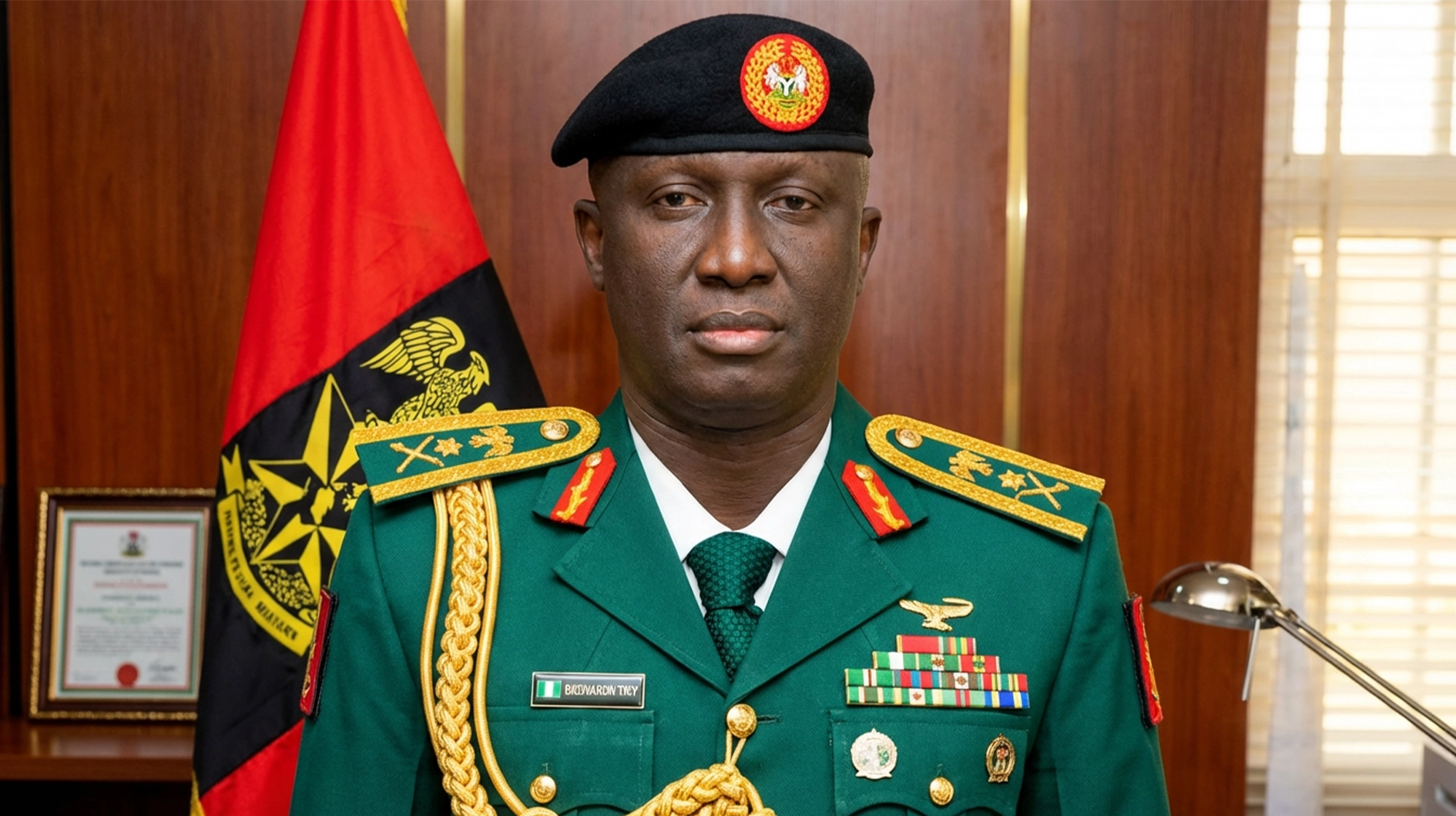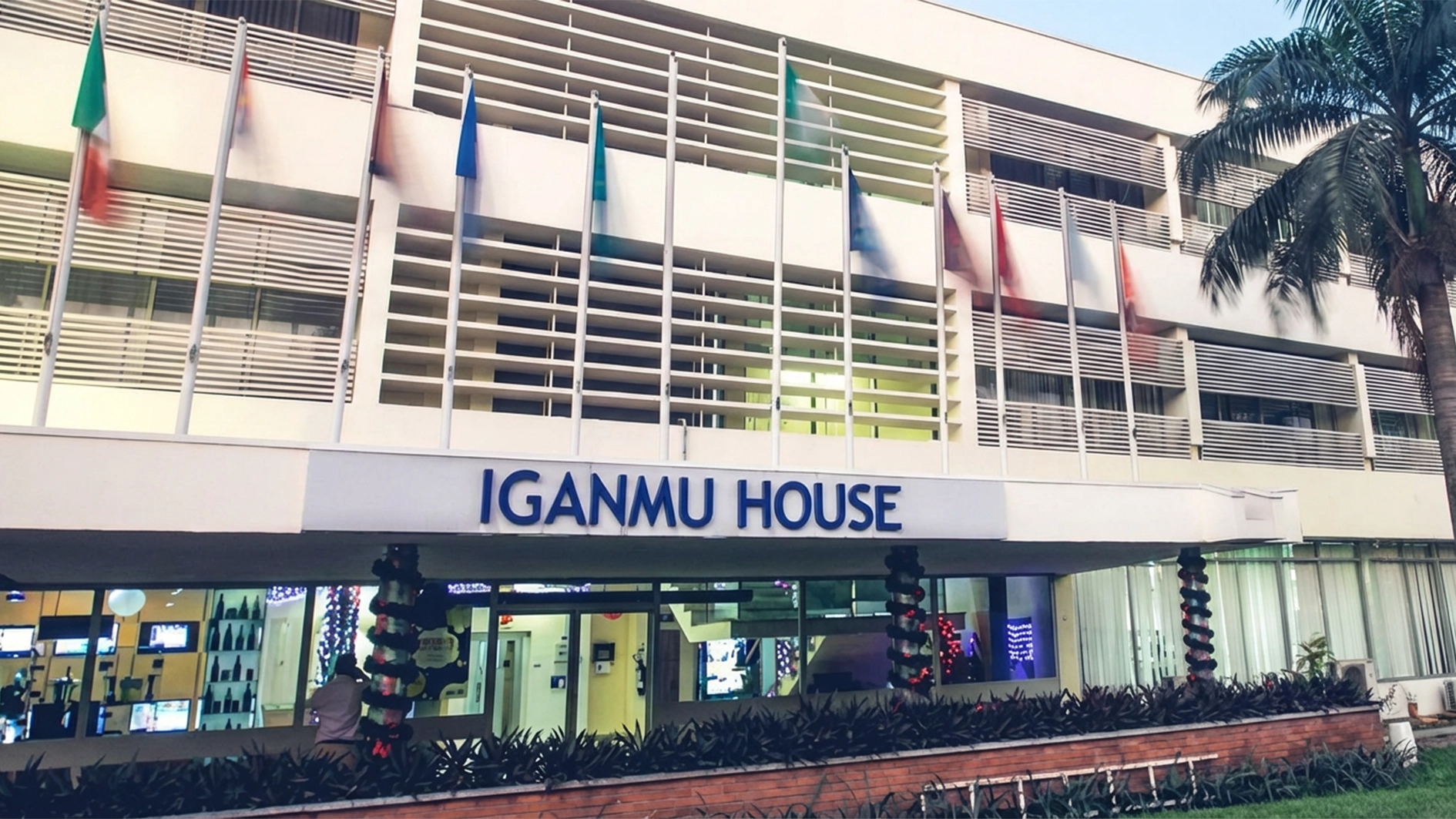ActionAid Nigeria has expressed concern over the widening gap between Nigeria’s reported economic growth and the harsh living conditions of citizens, describing the situation as a “national poverty crisis”.
The Country Director of ActionAid Nigeria, Andrew Mamedu in a statement yesterday on the recent World Bank report that confirmed that poverty still remained widespread despite signs of GDP recovery, stated that “Although macroeconomic indicators suggest that Nigeria may be on a path toward recovery with GDP growth rates of between 3.13 and 3.9percen stated that the benefits of such growth have not translated into real improvements in citizens livelihoods.
According to ActionAid, Nigeria’s budget has risen sharply since independence, from about $3.1 billion (₦299 billion) in 1999 to $36 billion (₦54.9 trillion) in 2025, yet, poverty rates have also climbed from 42.7 per cent of 123 million Nigerians in 1999 to 52.5per cent of 230 million people today.
They pointed out that although inflation eased slightly to 20.12per cent in August 2025 from 21.88% in July, but prices have remaines unbearably high for average households adding that although unemployment dropped from 10.85 per cent in 2020 to 5.05per cent in 2024, but the improvement has not reflected in citizens’ quality of life.
Mamedu highlighted the erosion of workers’ purchasing power, comparing the ₦125 national minimum wage in 1981—then equivalent to £100—to the ₦70,000 minimum wage in 2025, now worth only £35.63 at current exchange rates, which shows that the Nigerian worker has lost nearly two-thirds of their earning value since 1981,” he stated.
The organisation also raised concerns about Nigeria’s reliance on borrowing, citing the World Bank’s expected approval of a $750 million loan to support healthcare, security, and digital infrastructure, while Nigeria’s debt-to-GDP ratio is projected to fall from 42.9 to 39.8 percent. They warned that poor fiscal accountability and weak transparency could undermine debt sustainability.
It also referenced the U.S. Fiscal Transparency Report 2025, which faulted Nigeria’s procurement system for failing to disclose key information, and Auditor-General reports that exposed contract fraud and procurement irregularities worth millions of dollars, Notting that illicit financial flows continue to drain an estimated $18 billion annually, double Nigeria’s 2025 budget deficit.
Mamedu emphasized that economic growth without human progress signifies policy failure. “When over half the population lives below the poverty line despite trillions spent in the name of development, something is fundamentally broken,” he said.
He harped on the need for a National Poverty Summit to confront Nigeria’s economic contradictions.
He also urged civil society and international NGOs to re-evaluate their strategies in tackling poverty. “If after years of collective effort poverty has deepened, then our strategies are not effective enough. This is a moment for honest reflection and renewed commitment,” he added.
The organisation then called for an emergency National Summit to reconcile the country’s macroeconomic indicators with the lived realities of Nigerians.
They also recommended that the federal government convene a National Poverty Summit to develop a unified National Action Plan for Poverty Eradication focused on Transparency, Accountability, and Data Integrity.
They harped on the need reforms such as granting autonomy to the National Bureau of Statistics (NBS), making the National Social Register publicly accessible, and mandating state governors to hold public town halls to present clear local action.






